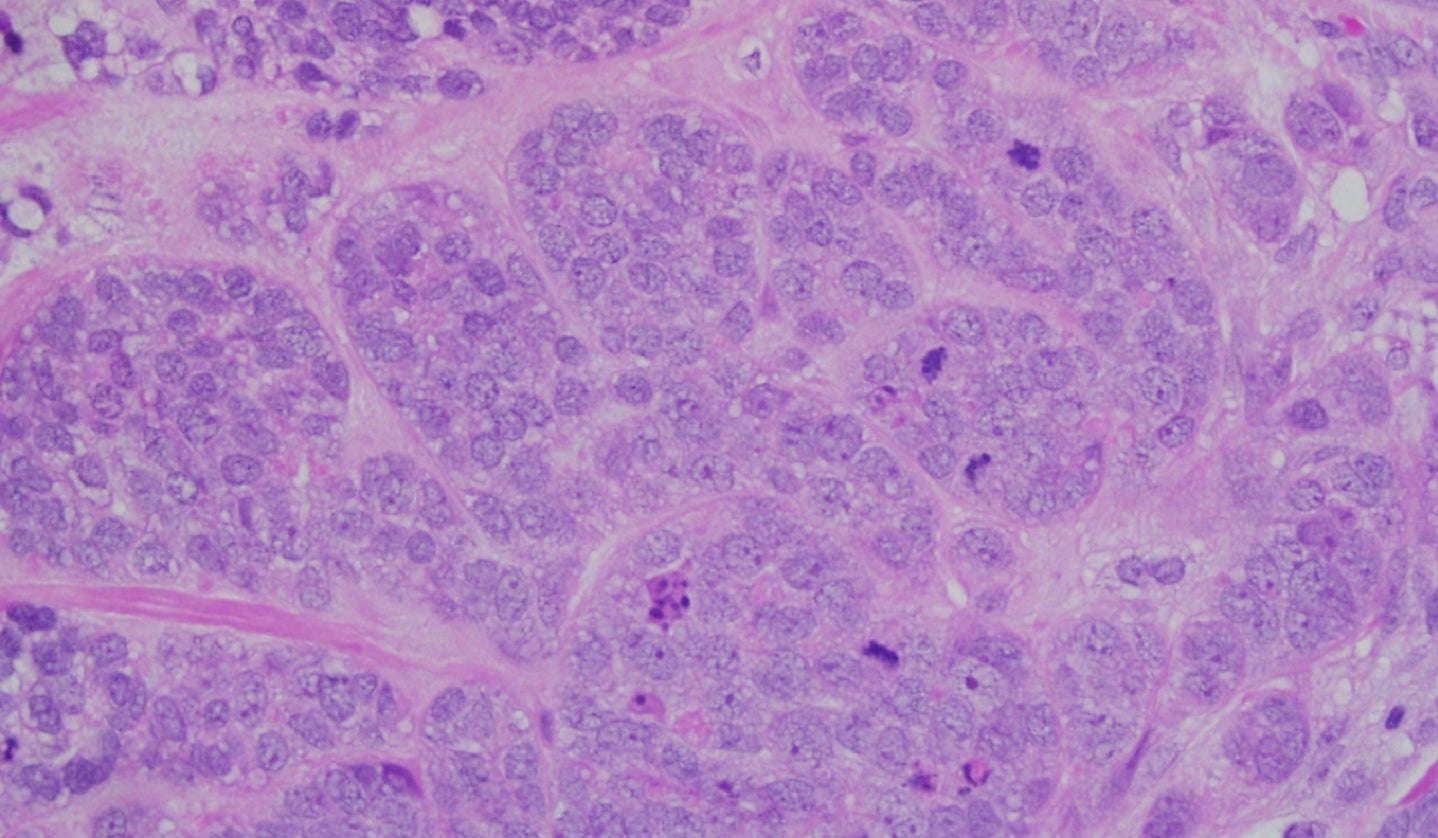
China’s National Medical Products Administration (NMPA) has granted approval for Daiichi Sankyo and AstraZeneca’s Enhertu (trastuzumab deruxtecan) to treat HER2-positive metastatic breast cancer.
Enhertu has received approval as a monotherapy to treat unresectable or metastatic HER2-positive breast cancer in adult patients who have previously received one or more anti-HER2-based regimens.

Discover B2B Marketing That Performs
Combine business intelligence and editorial excellence to reach engaged professionals across 36 leading media platforms.
Being jointly developed and commercialised by the two companies, it is a specifically engineered HER2-directed antibody-drug conjugate (ADC).
Daiichi Sankyo Asia, South and Central America (ASCA) Business Unit head Kiminori Nagao said: “Enhertu is extending the time before disease progression or death and helping to redefine outcomes for patients with previously treated HER2-positive metastatic breast cancer, and now physicians in China will have this important medicine as an option for their patients.
“With this approval, Enhertu has the potential to become a new standard of care in China in the second line setting for patients with HER2 positive metastatic breast cancer.”
The regulatory approval is based on the data obtained from the open-label, head-to-head, randomised, international Phase III DESTINY-Breast03 clinical trial.

US Tariffs are shifting - will you react or anticipate?
Don’t let policy changes catch you off guard. Stay proactive with real-time data and expert analysis.
By GlobalDataThe trial assessed Enhertu’s efficacy and safety against trastuzumab emtansine (T-DM1) in HER2-positive metastatic breast cancer patients who have previously received treatment with trastuzumab and a taxane.
In the study, Enhertu showed a 72% reduction in the risk of disease progression or death compared to T-DM1 and a consistent safety profile with previous clinical trials.
Headache, decreased appetite, thrombocytopenia, vomiting, constipation, neutropenia, musculoskeletal pain, diarrhoea, fatigue, anaemia, leukopenia, abdominal pain, alopecia, nausea and increased transaminases are the most common adverse reactions observed in the trial.




